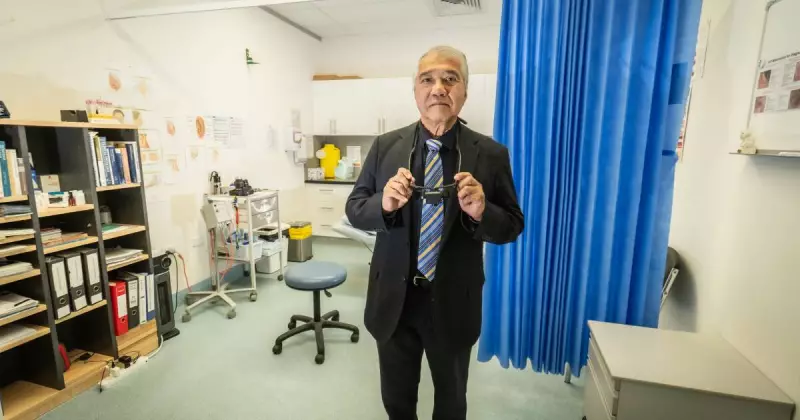
Canberra residents are finding it increasingly difficult to access affordable healthcare as bulk-billing GP clinics become scarcer across the capital territory. The very system designed to make healthcare accessible is now under unprecedented strain.
The Financial Squeeze on General Practice
General practitioners in the ACT are facing a perfect storm of financial pressures that make bulk-billing increasingly unsustainable. The Medicare rebate freeze, combined with skyrocketing operational costs, has left many clinics with no choice but to start charging gap fees.
"The current Medicare rebate doesn't cover the cost of providing quality care," explains Dr. Rashmi Sharma, President of the ACT Australian Medical Association. "When you factor in staff wages, rent, medical supplies, and insurance, many practices are operating at a loss for bulk-billed patients."
What This Means for Canberra Families
The decline in bulk-billing availability hits vulnerable communities hardest. Pensioners, low-income earners, and families with children are being forced to make difficult choices between healthcare and other essential expenses.
- Longer wait times for the remaining bulk-billing clinics
- Increased pressure on hospital emergency departments
- Delayed medical consultations leading to worse health outcomes
- Financial stress for households already struggling with cost of living
A National Problem with Local Consequences
While this is a nationwide issue, Canberra faces unique challenges. The territory has higher operating costs than many other regions, and the concentration of bulk-billing clinics was already lower than the national average.
Recent data shows that some Canberra suburbs have experienced up to a 50% reduction in bulk-billing availability over the past two years. This creates healthcare deserts where residents must travel significant distances for affordable care.
Is There Hope on the Horizon?
The Federal Government's recent Medicare reforms offer some relief, but many in the healthcare sector argue they don't go far enough. The increased rebates for concession card holders and children under 16 help, but they leave many Australians still facing significant out-of-pocket costs.
The future of bulk-billing in Canberra depends on sustainable funding models that reflect the true cost of providing quality healthcare. Without meaningful reform, the gap between those who can afford medical care and those who cannot will continue to widen.
As one long-time Canberra GP put it: "We want to provide care to everyone who needs it, but we also need to keep our clinics open. Right now, those two things are becoming increasingly incompatible."





